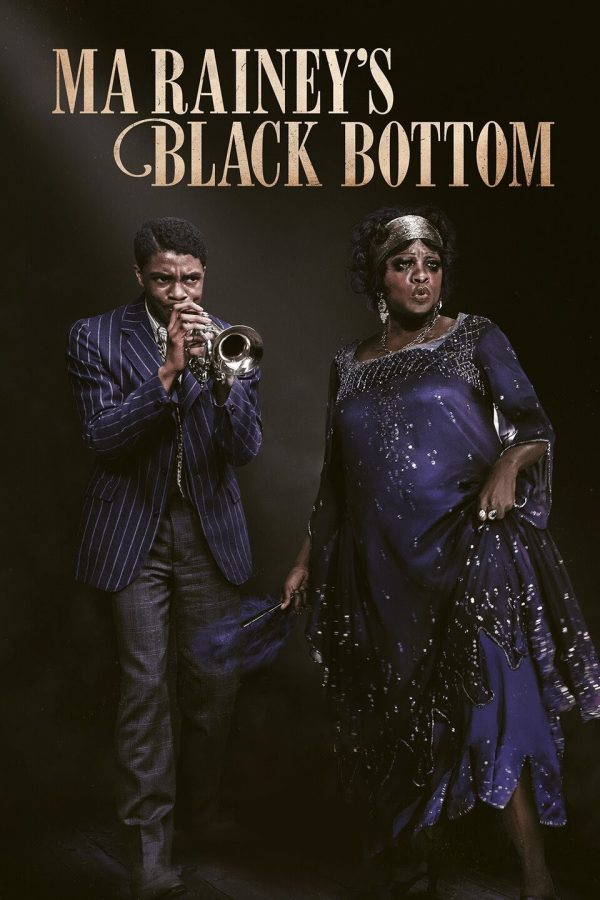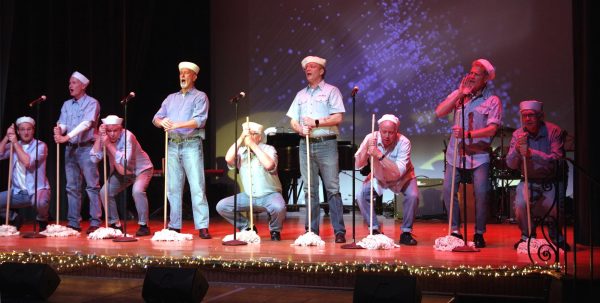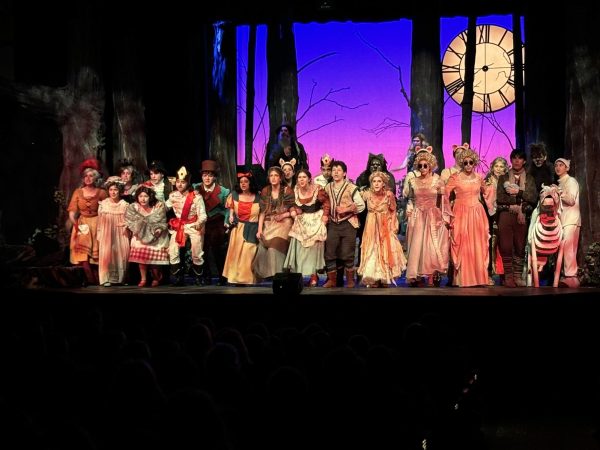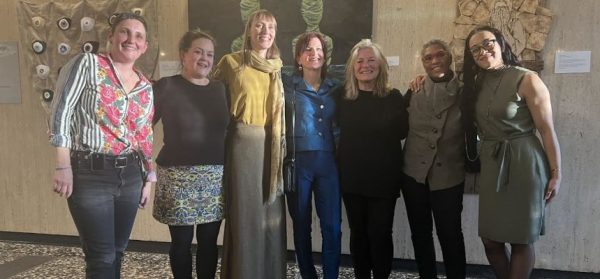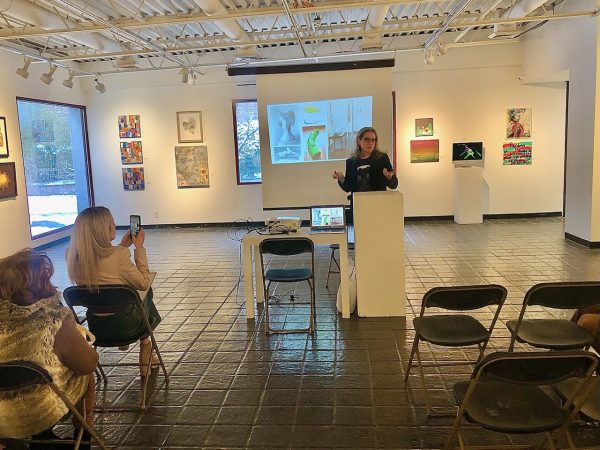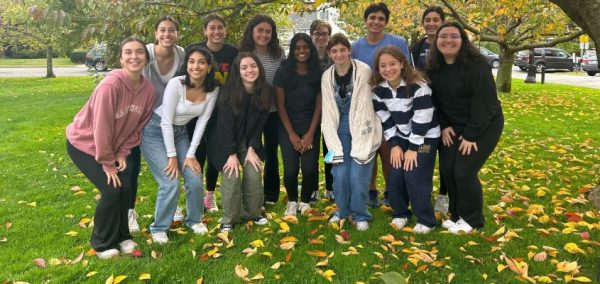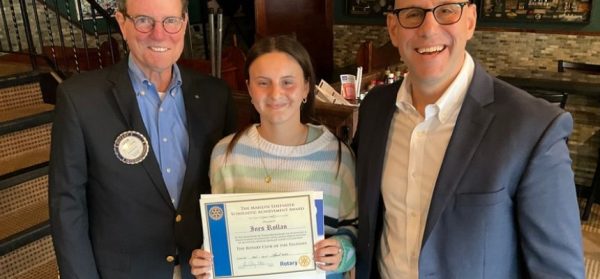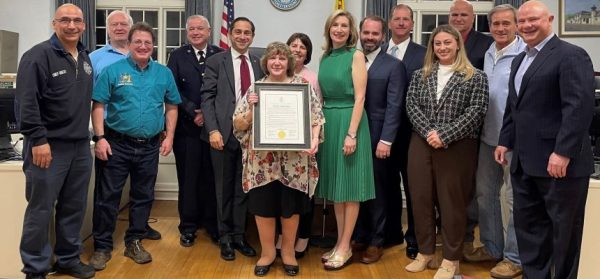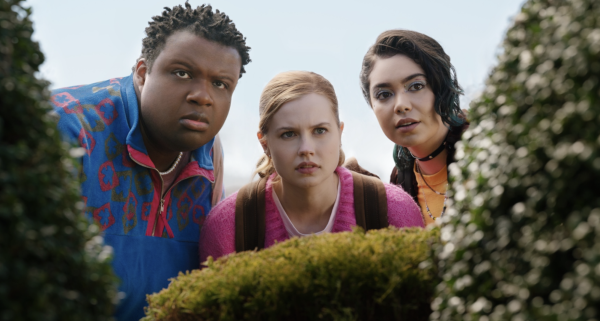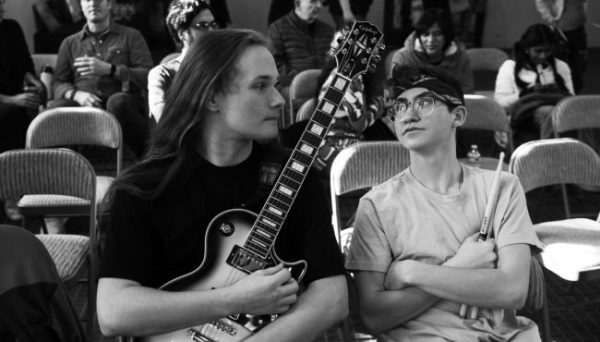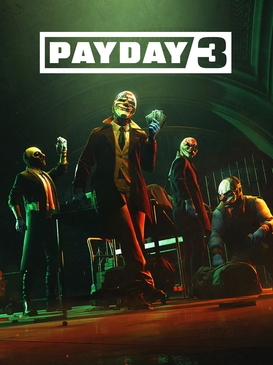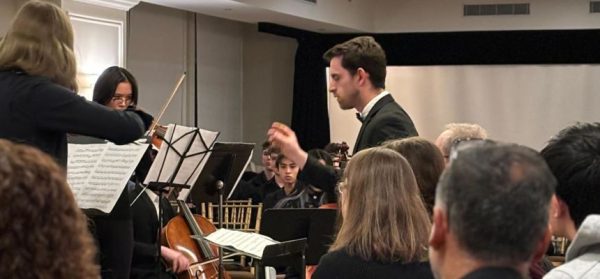‘Ma Rainey’s Black Bottom’ is Chadwick Boseman’s final, bittersweet bow
“The blues help you get out of bed in the morning. You get up knowing you ain’t alone. There’s something else in the world. Something’s been added by that song. This be an empty world without blues.”
Spoken by Viola Davis’ Ma Rainey, this is the premise of the movie adaptation of August Wilson’s play, “Ma Rainey’s Black Bottom.” Based on the life of Ma Rainey, dubbed the “Mother of the Blues,” the story follows Levee Green (Chadwick Boseman), an African-American trumpeter who plays in Ma Rainey’s (Davis) band along with Toledo (Glynn Turman), Cutler (Colman Dominigo) and Slow Drag (Michael Potts). The film explores race, religion and music, all while under the watchful eye of white producers Irvin (Jeremy Shamos) and Mel Sturdyvant (Jonathan Coyne).
The movie has earned five nominations for the 2021 Academy Awards, including a Best Actress nomination for Davis and a posthumous Best Actor nomination for Boseman after he succumbed to colon cancer on August 28, 2020 during post-production of the film. Levee was the last role he played before his death.
Out of his extensive list of roles, including Jackie Robinson in “42,” James Brown in “Get On Up” and T’Challa/Black Panther in “Black Panther” and the Marvel Cinematic Universe, Levee Green is quite possibly his best performance to date.
After reading various sections of the original play, I could tell that Levee’s emotional transitions were going to be hard to pull off, even for an experienced actor like Boseman. But his ability to go from mischievously flirting with Dussie Mae (Taylour Page) to delivering a heart-wrenching monologue about his mother without making the story feel disconnected is astonishing.
But I’m getting ahead of myself. Let me start at the beginning. The movie begins in 1927 with Ma Rainey giving a rendition of “Deep Morning Blues” and Levee butting in at the end for a trumpet solo before Rainey steals back the spotlight. Not only does this establish the relationship that we will see between Levee and Rainey for the rest of the film, but it also gives the viewer a taste of the movie’s production value.
This can be seen in the makeup, hairstyling and costume design that transforms the actors, particularly Davis, into Ma Rainey’s band and company. Rightfully, these aspects of the film have all been nominated for Oscars (makeup and hairstyling being grouped together and costume design being nominated separately). In addition, the set design for the film has been nominated for an Academy Award. While it doesn’t boast the most complicated of sceneries, being that the majority of the movie takes place in a single recording studio, the set is charming and pleasant to look at when the band first steps inside. The wood paneling and dull basement instantly draw the audience into the time period of the roaring twenties.
However, the parts of the film that really stand out to me are the long, insightful monologues. Partly because of August Wilson’s writing and partly because of the delivery of each piece, the monologues are brilliantly done, ranging from Toledo’s comparison of African-Americans to leftovers, to Rainey’s discussion of the role of blues in the world, to Levee’s monologue about his shiny new yellow shoes.
While off-putting at first, these monologues really allow the film to ascend beyond the plot and deliver impactful messages without becoming preachy, drawn-out spectacles.
So…the age-old question: Is the movie worth a watch? I can say with 100% certainty that is. Not only as a standalone movie is it captivating, but it also is Boseman’s final, bittersweet bow. It is the somber but perfect ending to an inspiring and extremely talented human life.
Grade: A
Oliver is a graduate of the Pelham Memorial High School class of 2022. He has been working with the Pelham Examiner since August of 2019 and looks forward...



